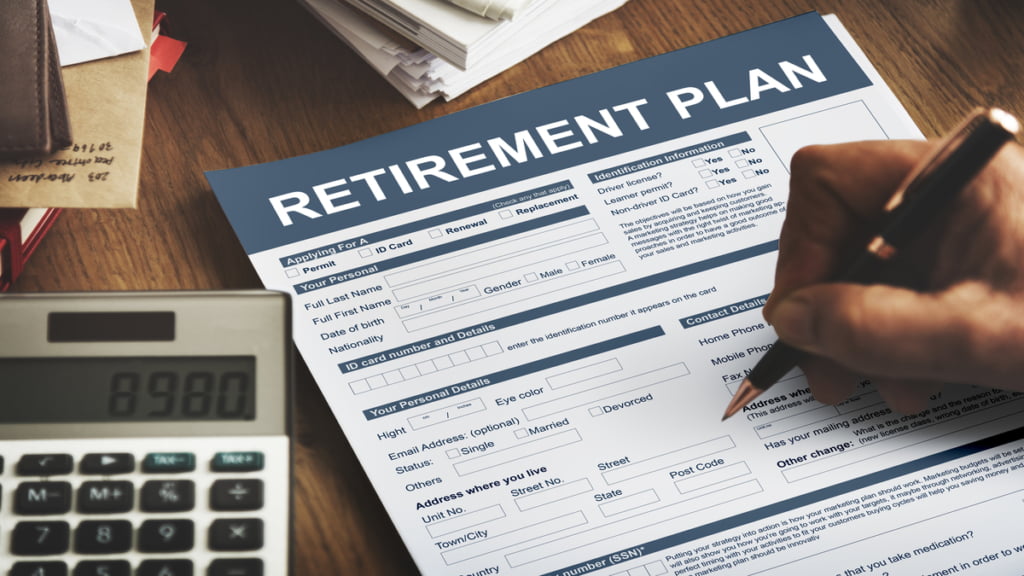Rethinking Retirement: Adjusting Your Financial Plans in a Volatile Economy
A stable retirement plan is a necessity wherever you are and whichever stage of life you are in. Whether you are just starting your career path, nearing retirement, or somewhere in between, planning for retirement is an integral part of achieving financial freedom. However, with the ever-fluctuating nature of the South African economy, it’s vital to adopt an adaptable and proactive approach to your retirement planning. In this comprehensive guide, we will help you navigate your financial journey to retirement smoothly, despite economic volatility. It’s time to rethink retirement!
The Current South African Economic Landscape
The South African economy has been on a roller coaster ride for several years, facing challenges from slow economic growth to high unemployment rates. The recent COVID-19 pandemic has only amplified these issues, adding to the uncertainty for future retirees. But with thoughtful planning and sound knowledge, you can avoid the pitfalls and maximise your retirement savings.
Flexible Retirement Plans: A Crucial Ingredient for Financial Freedom
When it comes to planning for retirement, a one-size-fits-all approach can not withstand economic fluctuations. You need a flexible retirement plan that can evolve with the economy. And that means consistently reviewing your retirement savings, investments, and overall financial health. Remember, your ultimate goal should be to ensure you have adequate funds to live comfortably in retirement, regardless of economic circumstances.
Retirement Planning: Where to Start?
Start by evaluating your income and expenses; this will give you an insight into how much you can afford to set aside for your retirement savings. Next, consider diversifying your investment portfolio. This strategy can help buffer against financial loss during economic downturns.
Retirement Planning: What’s Next?
Life events such as buying a home, starting a family, or changing jobs can significantly impact your retirement savings. Therefore, it’s necessary to reassess your retirement plan regularly, at least once a year. Use life events as triggers to review and adjust your retirement plans to ensure they’re on track.
The Golden Rule: Start Early
The sooner you begin saving for retirement, the better. The power of compound interest makes a significant difference, especially in long-term investments. It’s never too late to start; remember that every bit counts!
4 Ways to Diversify Your Investment Portfolio
- Asset Allocation: Diversify across different asset classes, such as stocks, bonds, and cash equivalents. Stocks have historically offered higher returns but come with greater volatility, while bonds provide stability and income. Cash equivalents offer liquidity. The right mix depends on your risk tolerance and time horizon.
- Sector Diversification: Within the stock portion of your portfolio, diversify across various sectors of the economy. For example, invest in sectors like technology, healthcare, consumer goods, and finance. Different sectors perform differently at various stages of the economic cycle.
- Alternative Investments: Explore alternative investments like real estate investment trusts (REITs), commodities, and private equity. These assets may have low correlations with traditional stocks and bonds, potentially reducing portfolio risk.
- Risk Management Strategies: Consider strategies where you invest a fixed amount regularly, regardless of market conditions. This can help you buy more shares when prices are low and fewer shares when prices are high. Additionally, implementing stop-loss orders can limit potential losses in a volatile market.
Conclusion
Rethinking your retirement plan in response to a volatile economy is not an easy task, but it is certainly a necessary one. It requires knowledge, strategic planning, patience, and a touch of resilience. But with a flexible retirement plan, timely assessments, and a proactive approach, you can achieve your goal of financial freedom and enjoy a comfortable retirement. So, start today and secure your golden years amidst the economic turbulence!
FAQs
1. When should I start planning for retirement?
You should start planning for retirement as early as your first job. You can start small and gradually increase your savings and investments as your income grows.
2. What is the significance of diversified investments in retirement planning?
A diversified investment portfolio spreads risk across various classes of assets. During times of economic instability, this can help minimise potential losses and provide reliable investment returns.
3. How often should I review my retirement plans?
It is a good idea to review your retirement plans annually. However, significant life events such as marriage, childbirth, or a job change should also prompt a review.
